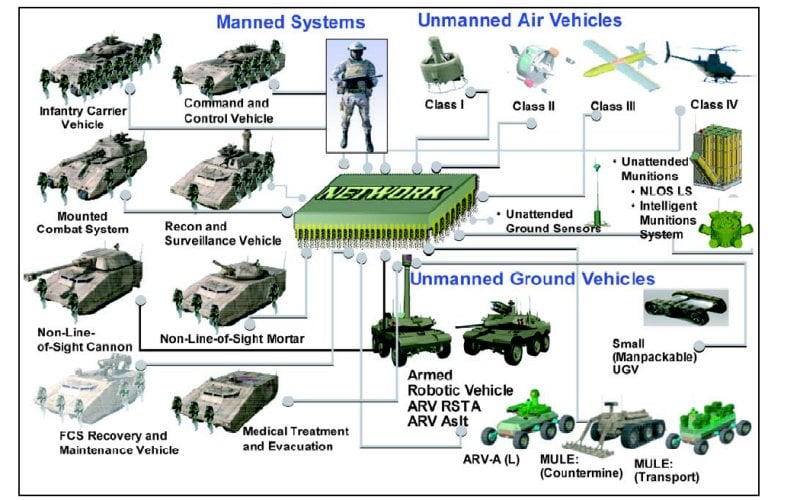So, to play the other side:
There are many segments of the transportation system presently being considered as candidates for an EV revolution. Most of them are just pipe dreams. Right up the road is a company occupying an abandoned Mitsubishi plant (Rivien), who plans to make electric pick-up trucks. I'm not sure who's going to use an electric pick-up, but it won't be the guys who work out of them for a living, or the guys who pull their boats to the lake, or fifth wheels to Florida. In other words, "people who buy trucks".
This didn't stop Ford and Amazon from investing almost a billion dollars in the plant, which will be good for the local economy (at least in the short term), so that's nice.
Probably the stupidest idea I've seen floated is long-haul semis. I'm not sure where the market is for a rig that runs out of juice after 200 miles, and then takes 12-24 hrs to recharge. You wanna talk about a supercharger? Recharging something that would pull a load of pig-iron would take a SUPERCHARGER.
There was some publication (Automobile? sounds right) recently breathlessly predicting personal aerial drones-- electric and autonomous. Right. Those will come just after the FAA certifies pigs for flight.
But of all the possible vehicles out there which might make a good candidate to be purely EV, a very limited use speedster might be at the top of the list.
Face it-- we're the weirdest of the weird. Not only do we want to own an open, unsafe, antiquated, and expensive conveyance-- we want to actually drive them. The vast majority (of the extreme minority) of people who want a replica, just want to pop down to the coffee shop or over to the bistro to meet friends for an alfresco lunch. They want to keep 'em for a couple of years, then sell them because they never drive them anywhere. This is WITH the capability to go anywhere for pennies at the pump. Most folks want a fashion accessory, and this one is pretty cool.
I'd bet 90% of the current replica market would never ever have range anxiety with an EV with a 200 mi range, precisely because they never drive their replicas far enough or long enough for range and recharge time to matter.
The fact that this is a deal-breaker for me, and Joe, Jack Crosby, and all of the rest of us here makes us outliers. Welcome to being on the outside of your own hobby, gentlemen. Outcasts and rebels we are, untethered by the literal cords that would keep us down on the (wind) farm.
Outlaws




